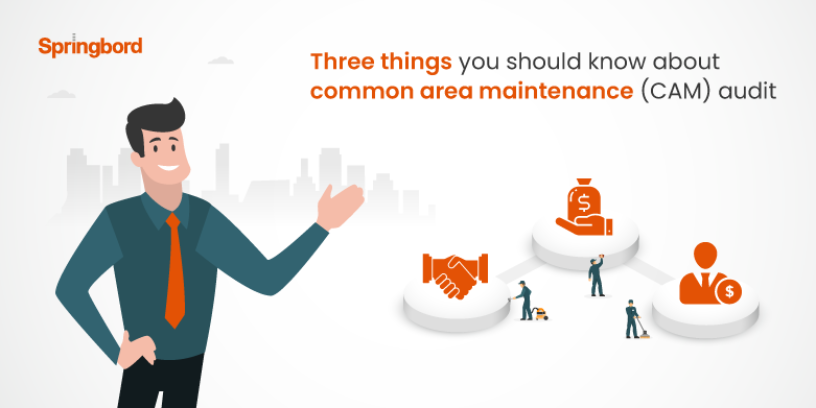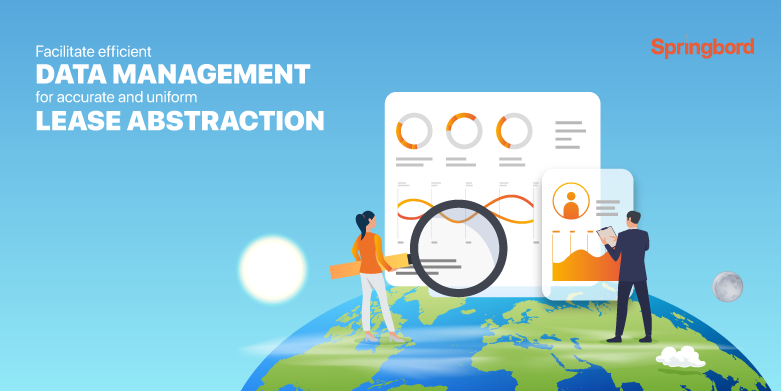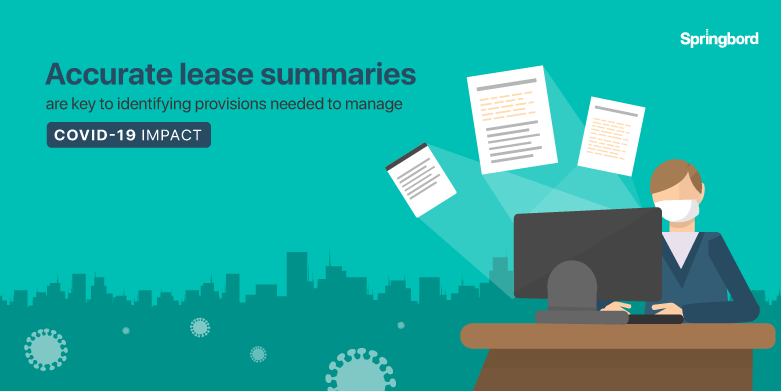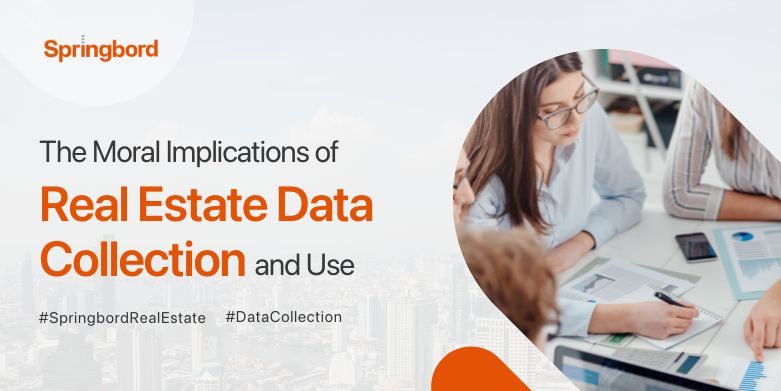 Read time 2 min
Read time 2 minTo run a successful business, management needs to continually focus on maximizing sales, streamlining operations, managing employee performance, all the while ensuring cost of doing business is contained. It should not come as a surprise that often lease management therefore takes a back seat, where businesses tend to overlook expenses related to lease apart from the rent.
Common area maintenance (CAM) charges are one such clause found commonly in commercial leases where tenants’ share the operating expense of common areas in a building on a pro-rata basis. These include, landscaping, parking lot, lobby, janitorial services, et.al. CAM expenses are tricky, complex, and non-standardized and can notoriously add to overall lease cost if not reviewed thoroughly. CAM audits help scrutinize the expenses included within the CAM billing and determine how they were calculated. CAM audit also helps check the validity of the expenses and whether or not they are as per lease agreement.
CAM audit is a great way to ensure you are paying what you are liable for and also helps contain the lease cost for a business. Here are the top 3 things you need to know about CAM audits.
It is beneficial for both tenant and landlord
Professionally done CAM audits not just identify and remediate inaccurate expense charges but also help expedite dispute resolution through documented information. Audit reports make for solid documentation and would stand up against any challenge by landlords. Greater visibility and clear report would compel landlords to refund or issue credit in case of previous billing errors and also streamline future CAM calculations.
While CAM audit is necessarily done by the tenant it may benefit even the landlords. It allows landlords to rectify faulty expense calculation, ensure optimized recovery and avoid the risk of non-compliance and tenant disputes that could further add to the cost burden. It also helps maintain business reputation and long-term tenant relationships.
It reduces overall occupancy cost
CAM audit rights allow a tenant to ensure transparency and accountability. It grants permission to examine the landlord’s books and audit CAM expenses of the type and calculation. CAM audits have emerged to be very effective for commercial tenants, allowing them to identify and recover overcharges, weed out billing discrepancies, and avoid any future risk of inflated occupancy cost.
While CAM audit is a tedious and complex process, if done by certified professionals it can greatly benefit in identifying billing and calculation errors, compare the expense included against the CAM clause and ensure correctness and accuracy of CAM charges.
It should be conducted by professional and certified accountants
Given the complex and tedious nature of the audit it is highly recommended to use the services of certified accountant/specialized third party vendors. They can efficiently assess and check the accuracy of CAM bills as they help conduct a comprehensive review of CAM charges and landlords’ books. They identify hidden or erroneous expenses, determine fair pricing, and ensure CAM billing is in compliance with lease terms.
They bring domain expertise, industry experience, and best practices that offer distinct advantages. They help tenants recover wrongful charges and also prevent unauthorized expenses to be charged in future billing.








